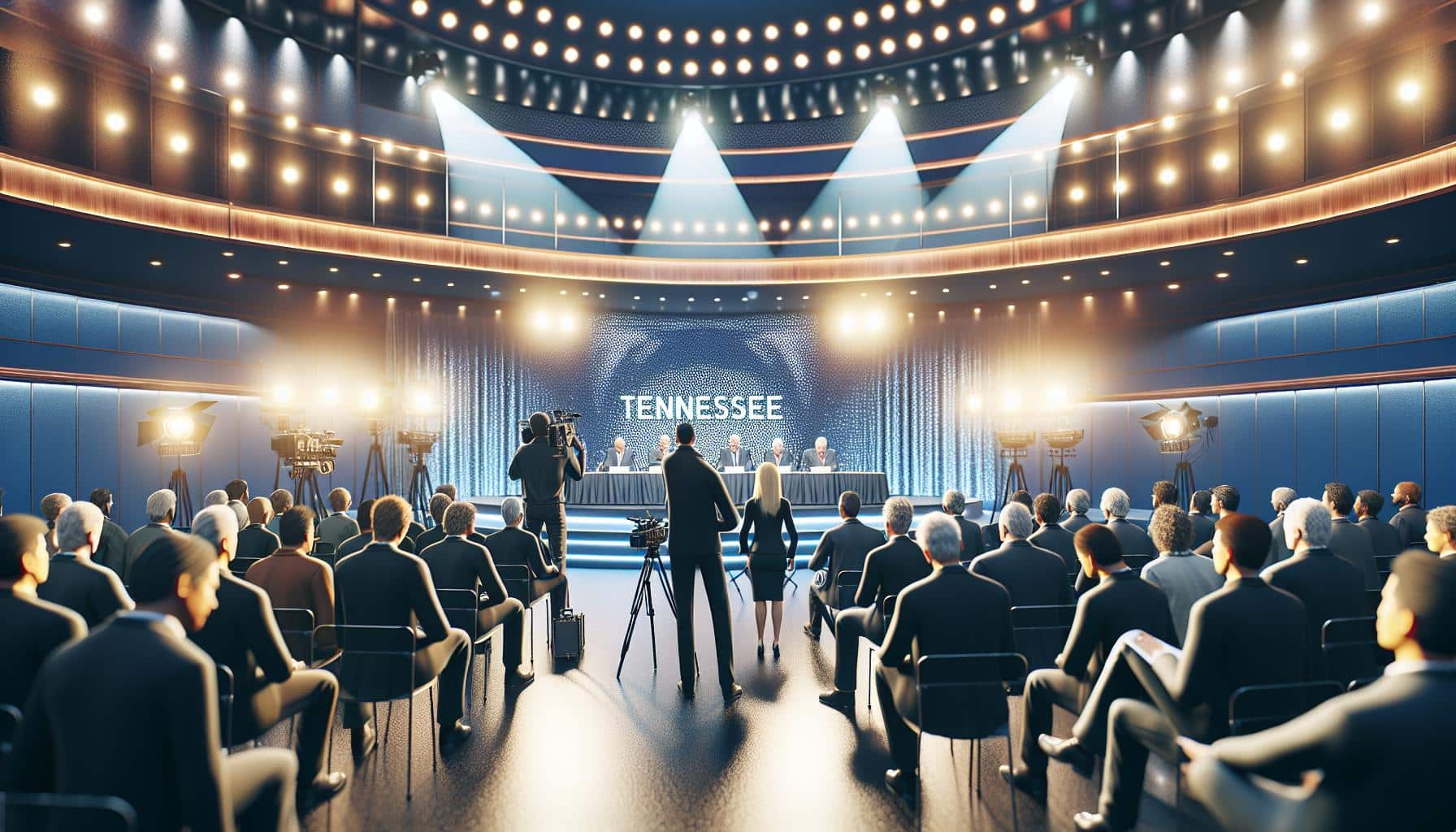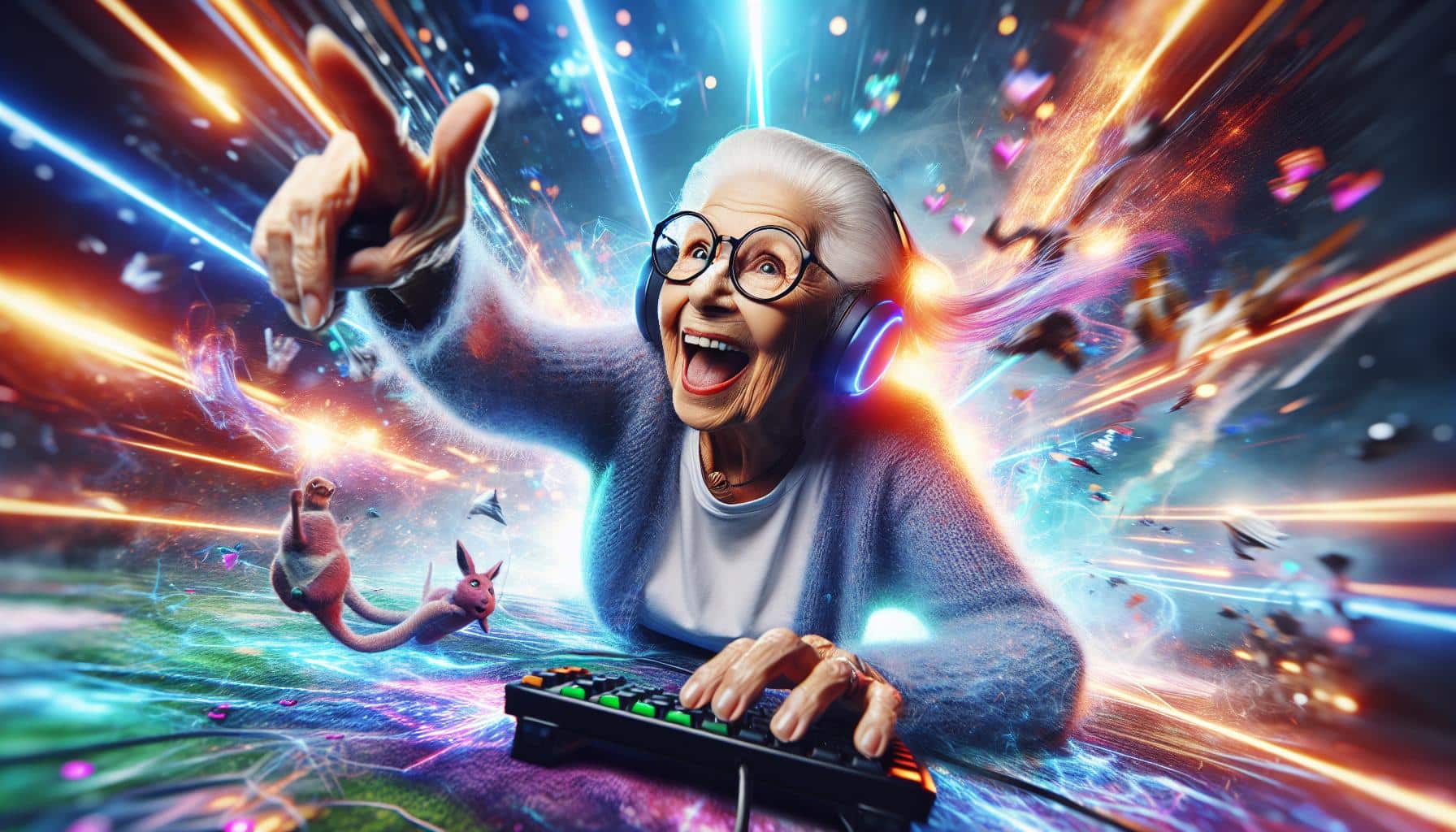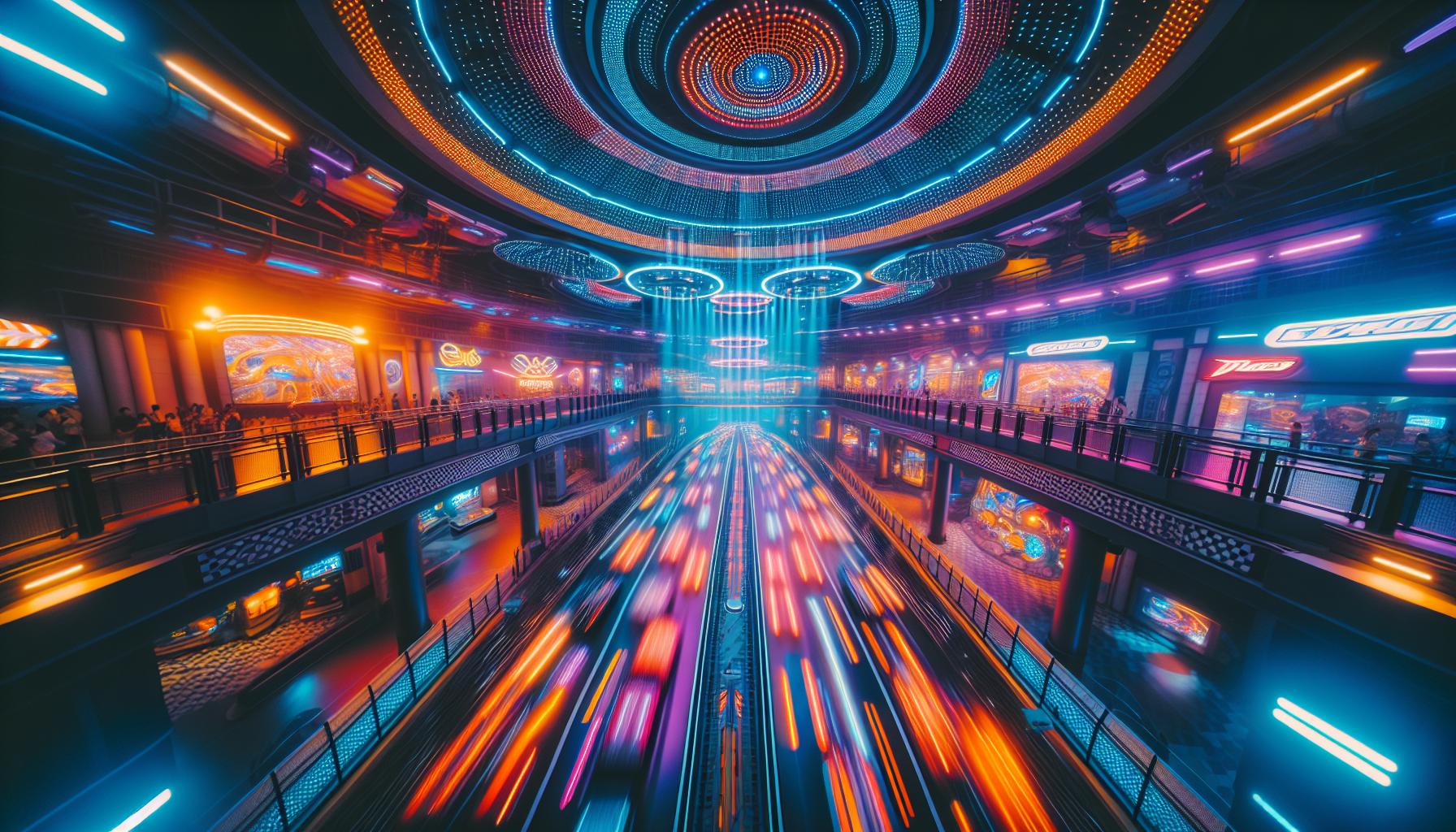Tennessee Governor Unveils Legislation to Protect Artists from AI Threats
Tennessee Governor Bill Lee has introduced new legislation aimed at safeguarding songwriters, performers, and other professionals in the music industry from the potential risks posed by artificial intelligence (AI). The announcement was made at Nashville’s renowned RCA Studio A, which has been the recording site for legends such as Dolly Parton, Willie Nelson, and Charley Pride. At the event, attended by top music industry leaders, lawmakers, and songwriters, the governor emphasized the importance of protecting artists’ voices and expressed hope that the legislation would serve as a model for other states.
Elvis Presley’s Legacy Inspires Tennessee’s AI Protection Efforts
To establish stronger protections against unauthorized use of an artist’s voice by AI tools, Governor Lee referenced the Tennessee Personal Rights Protection Act, which was passed in 1984. This legislation extended individuals’ personality rights beyond death, effectively preventing the unauthorized use of names and images of celebrities like Elvis Presley. By considering these protections against AI-generated vocal likeness, the state hopes to prevent the replication of an artist’s voice without their informed consent.
Artists’ Rights at Stake: Push for Stronger AI Protections Grows
As the capabilities of AI continue to advance across various sectors, artists and creatives are increasingly concerned about the potential misuse and unauthorized replication of their work. Artists argue that the use of AI tools to recreate their work without permission should be regarded as a violation of their intellectual property rights. By advocating for stronger protections, artists aim to protect their artistic expressions, prevent unauthorized use, and ensure appropriate compensation for their work.
Generative AI Tools Raise Concerns in Music Industry
Generative AI tools, which can create music, video, and text, are causing growing concerns within the music industry. While these tools initially produced awkward songs, they have rapidly evolved to generate emotionally captivating compositions. Bart Herbison, executive director of the Nashville Songwriters Association International, highlights the need to prevent AI tools from utilizing an artist’s voice or song without their consent to produce derivative work. Additionally, fighting for fair compensation for artists is an essential aspect of this legislation.
National and State-Level Efforts Aim to Safeguard Artists from AI Misuse
Tennessee’s proposed legislation aligns with broader efforts at the national and state levels to protect artists from the misuse of AI. Similar bills are expected to emerge in other states as legislatures resume their work, with California already considering measures to establish safety, privacy, and nondiscrimination standards for generative AI tools and services. The U.S. Copyright Office is also evaluating potential copyright reforms in response to generative AI. Additionally, a bipartisan group of senators has introduced the No Artificial Intelligence Fake Replicas And Unauthorized Duplications Act of 2024 to combat AI-generated deepfakes and voice clones.
Analyst comment
Positive news: Tennessee Governor Unveils Legislation to Protect Artists from AI Threats. As an analyst, I predict that the market for AI-generated tools and services in the music industry may face some restrictions and regulatory changes to ensure artists’ rights and prevent unauthorized use of their work. This legislation could set a precedent for other states to follow, and similar efforts at the national level indicate a growing focus on safeguarding artists from AI misuse.













